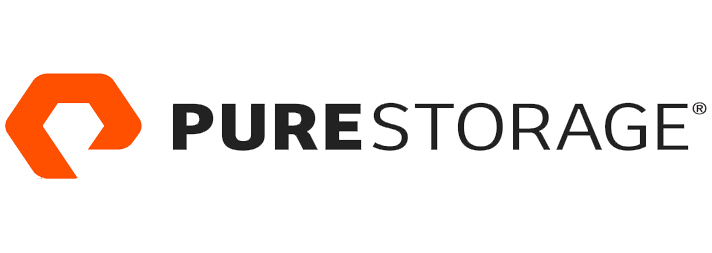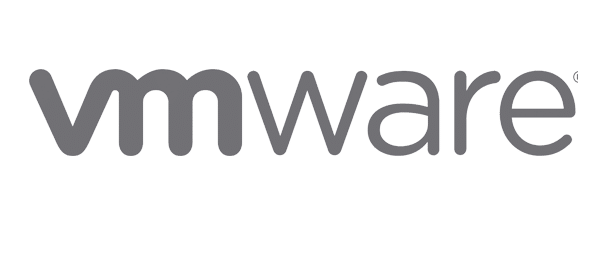A Wireless Network for a World-Class Unified Health System
It’s safe to say that healthcare today looks drastically different than it did even two years ago. So when two hospital systems in New Jersey merged, both parties knew they had to get creative, think out of the box, and re-think how they operated from top to bottom.
That’s because doctors, nurses, clinicians, patients, and administrators now use more devices and other technology to administer healthcare in a variety of ways, from a variety of locations, including virtual visits.
Step one was getting both parties, each of whom had been using network technology from a large vendor, to consider new technology as they looked towards the future. That’s easier said than done when both sides were comfortable, familiar, and had only worked with that vendor’s technology. Asking everyone to completely change their day-to-day operations, and learn new ways of doing things, meant that everyone had to get out of their comfort zone.
Thankfully for all involved, they did. A network upgrade featuring HPE Aruba Wireless and networking technology was about to change and enable a New Jersey healthcare organization.

Background
Once the merger was completed, the next step was to standardize the network to support all clinical and non-clinical applications across the entire hospital system.
The goal was to make sure that when a doctor from Hospital A was caring for a patient in Hospital B, a clinic, or a remote patient facility, the physician could tap into just one system that housed all patient records.
Prior to the merger, they had been operating on multiple systems, that, in essence, couldn’t talk to each other. That problem was solved when they rolled out the Epic EMR (Electronic Medical Records) system, which allowed for all patient data to live in one data base.
The Right Partnership with the Right Outcomes
Pulling off a merger of this magnitude from a technology perspective can only be done with a clear vision, a true “team” approach, and lots of planning.
A representative from Comport, a technology solutions provider based in Ramsey, New Jersey, had a previous business relationship with one of the hospital system’s Senior Vice Presidents.
The executive was confident based on his previous experience that Comport clearly understood the challenges associated with the healthcare industry and had the expertise necessary to design and implement the right solutions for their new organization.
He felt Comport understood that healthcare is a 24×7 operation, where there’s no room for a server to go down over the weekend, for example, and have someone get to it on Monday.
Comport’s reputation as an industry-leader in this space made the decision to work with the IT leader “a no-brainer.”
From there, executives from Comport, Aruba, and both hospital systems got together and held high-level meetings and technology sessions on networking, and also discussed the possibilities around compute, storage, and the entire Aruba network portfolio.
These sessions took place over the course of 18-months from New Jersey to California.
They discussed upgrading their existing WLAN environment in all their hospitals to prepare for the next wave of clinical applications. The idea was to identify where healthcare is today, where it’s going, and to gain helpful feedback from the hospital system about all the on-location challenges and their insights on industry trends.
Comport introduced a “Desktop Design,” where the hospital systems’ AutoCAD drawings are entered into software to predict, based on the hospital’s floor plans, where all the AP’s should be located so there are no connectivity gaps. They also looked at other factors, like environmental conditions at the hospital, followed by an on-site survey to confirm and tweak the original layouts.
Those sessions proved invaluable and actually saved the hospital system a great deal of money. Comport showed the team how it could future-proof its network with Aruba wireless and avoid having to purchase equipment twice in the next year or two, which the existing vendor was unable to accommodate. This involved purchasing and implementing the next-generation of Wi-Fi technology the first time, taking the hospital system from Wi-Fi 5 to Wi-Fi 6 and updating its network management and security capabilities.
In Healthcare, Everything is Connected
Coverage and thru put are major concerns for Wi-Fi in healthcare, because everything is network connected. All devices are connected. The IV pump is connected. The room and patient are connected. In fact, medical IoT devices can require as much as 40% more coverage to the network. So, network connectivity and coverage are vital to get right.
Aruba’s approach of having the same operating system across all their equipment was a major selling point. That differed from the other vendor’s capabilities, which featured multiple operating systems on multiple types of equipment.
Aruba had a central management platform (Aruba Central), a single pane of glass that could implement configurations across the entire enterprise from one central location yet individualize for each hospital.
Aruba also featured “one login” for all hospitals, whereas the other networking vendor had multiple unique logins for each hospital. That simplified everyone’s lives and gave health care providers hours back in their day to be more productive and treat more patients.
Successful Implementations with an Eye to the Future
Comport and Aruba have spent the last several years successfully implementing the wireless networking technology (WLAN) and recently got the go-ahead to implement new switch networking capabilities that will improve security features and provide higher bandwidth.
Due to supply chain issues, the other vendor was not able to provide that technology for 15 months. Aruba was available in half that time.
To date, Comport has completed the new networking capabilities for a half-dozen locations, with five more to be completed in 2022, and a couple of hundred other doctor locations after that.
Two other hospital systems have been purchased in New Jersey and will soon be brought into the fold. There’s talk of adding more healthcare systems outside New Jersey, so their goal of being a comprehensive health care organization for the entire Northeast may be on its way
How can Comport Help Your Organization
Contact Comport to discuss your network environment, challenges and goals. We are readily available to schedule you and your team for the right meetings, product tours, demo’s, assessments, and executive briefings as appropriate to meet your needs. We look for ways to simplify IT and lower costs, to empower your business.
[email protected]
(800) 830-0880
Comport.com
Author:Bill Flatley, Field CTO for Healthcare
Bill is responsible for technical strategies and recommendations for Comport’s Healthcare clients. His extensive experience includes four healthcare systems in leadership roles supporting Clinical Applications, Digital Health, and Office of the CIO as the primary liaison between IT and the business.



























